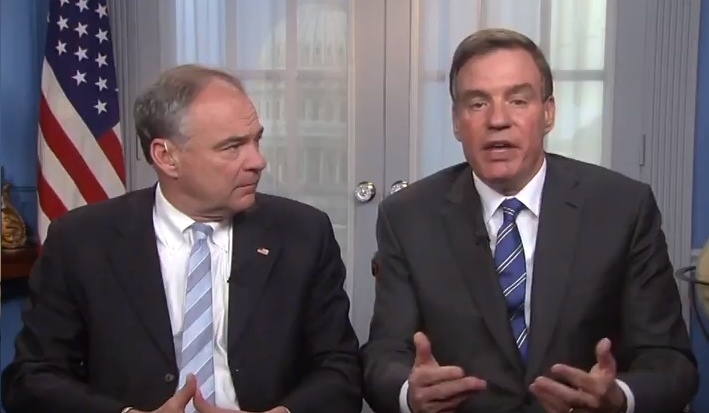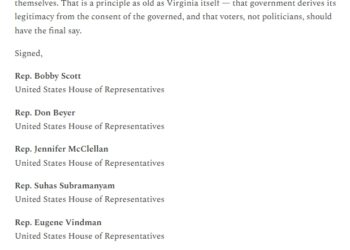Hurricane Sandy swept into town this week, reminding Americans that climate change may be the Issue That Cannot Be Talked About, but that doesn’t mean it has gone away. Suddenly the fact that the two presidential candidates have been trying to outdo each other in professing their love for coal comes across as unseemly, if not downright perverse. Surely this would be a good time to acknowledge the impossibility of preventing the catastrophic effects of increasing carbon emissions if we are unwilling to stop burning the things that emit carbon-chief among them, coal.
So a war on coal might be a good idea, although the idea that the Obama Administration has been waging one is nonsense. The reasons for the decline of the coal industry are primarily the flood of cheap natural gas, which is out-competing coal as a fuel for electric generation, and the increasing cost of coal, especially in Appalachia.
Indeed, the Appalachian coal industry has been on the decline for years. The richest and most easily-reached coal has been mined, leaving thin seams that take more effort and expense to extract, pushing the price of Central Appalachian coal well above that of coal from the Powder River Basin further west.
From 1990 to 2006–before the recession, before the Obama presidency, and before the price of natural gas collapsed–Virginia coal mining declined from about 10,000 workers to about 4,500. (Source: http://www.energy.vt.edu/vept/… The U.S. Energy Information Agency projects that Virginia coal production will continue to decline through the rest of this decade.
But coal executives prefer to lie to workers than admit they can’t compete in the free market, and the politicians who’ve taken hundreds of thousands of dollars from the coal companies would rather parrot their lies than admit they have failed their constituents. Coal companies and their political bedfellows have been exploiting coal miners for two centuries; it’s no surprise to see them using these workers now as pawns in the presidential campaign.
But fingering the real culprits for coalworkers’ distress is the easy part; what’s harder is helping the residents of the coalfields areas find new jobs to replace the ones that are never coming back.
Ironically, in Virginia it has been environmental groups like the Sierra Club and Appalachian Voices that have championed a plan to do just that. For several years they have been urging an end to the approximately $45 million annually in state taxpayer subsidies that currently go to enrich coal companies, and replacing them with incentives to support new jobs in tourism, technology, clean energy and other industries.
This proposal should have gotten traction last year, when a report by the state’s Joint Legislative Audit and Review Commission (JLARC) concluded that the subsidies do not achieve their goal of supporting coal employment, and indeed that “changes in coal mining activity appear unaffected by the credits.” (http://jlarc.virginia.gov/reports/Rpt425.pdf)
One would have thought that Republicans especially might have jumped at the chance to cut $45 million per year of wasteful spending, or that Governor “Bob-for-Jobs” McDonnell would have gladly seized the opportunity to build a jobs program that did not add a new line-item to the budget.
Following the release of the JLARC study, the legislature and the Governor did act-to extend the coal company subsidies for several more years. The message to the residents of southwest Virginia could not have been any clearer: it’s the coal company executives and their money we care about, not the miners and their families.
The presidential election will be over in a few days. Regardless of who wins, the Virginia coal industry will continue its decline. The only question left is how long the miners will accept being lied to.

![[UPDATED with Official Announcement] Audio: VA Del. Dan Helmer Says He’s Running for Congress in the Newly Drawn VA07, Has “the endorsement of 40 [House of Delegates] colleagues”](https://bluevirginia.us/wp-content/uploads/2026/02/helmermontage.jpg)
















